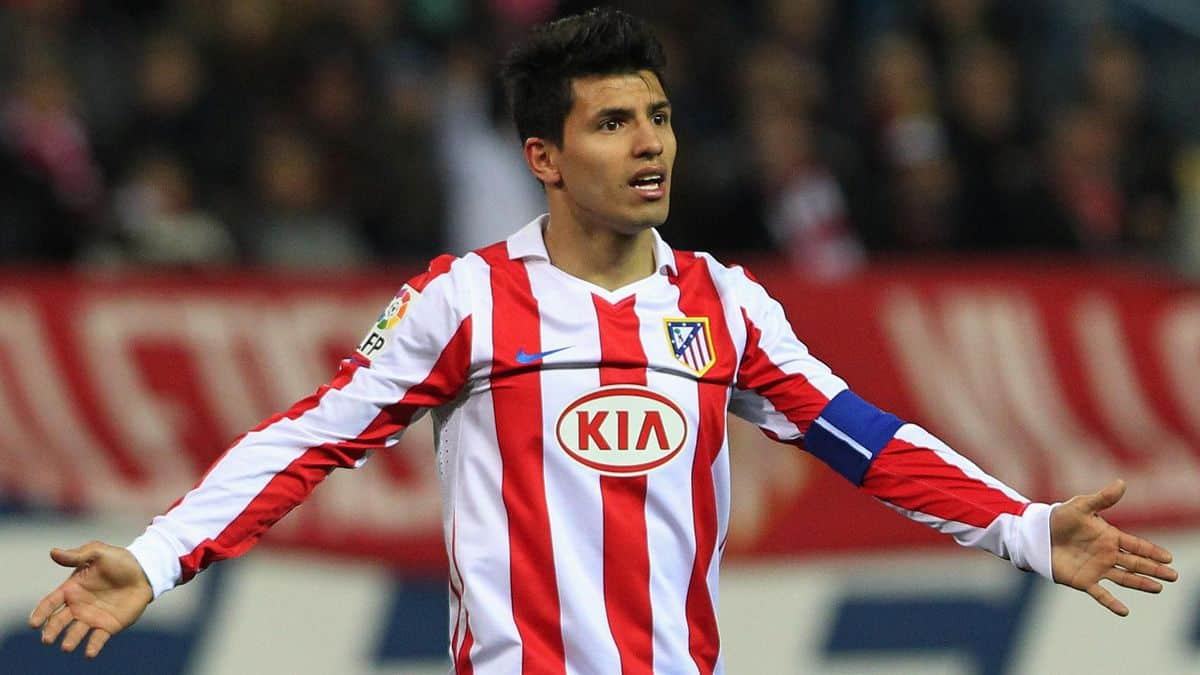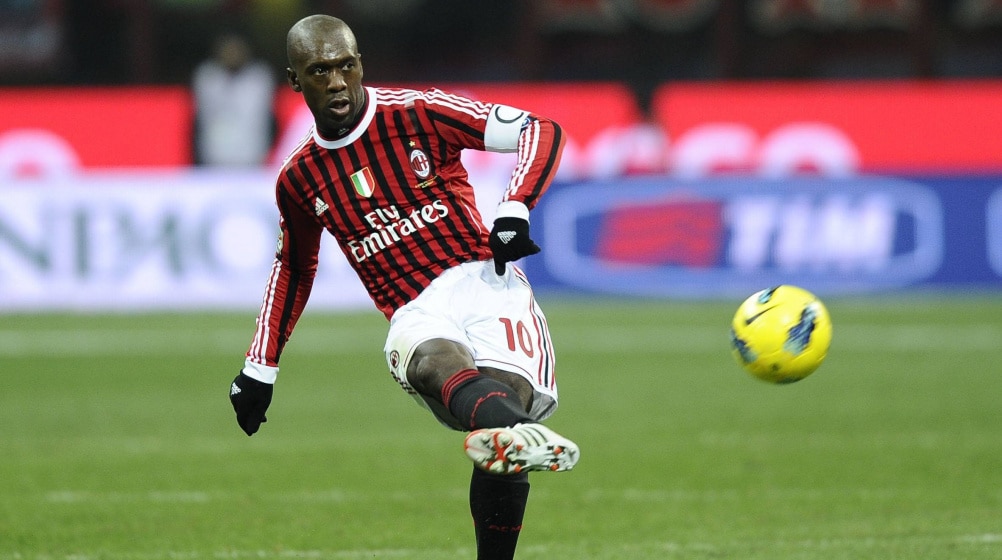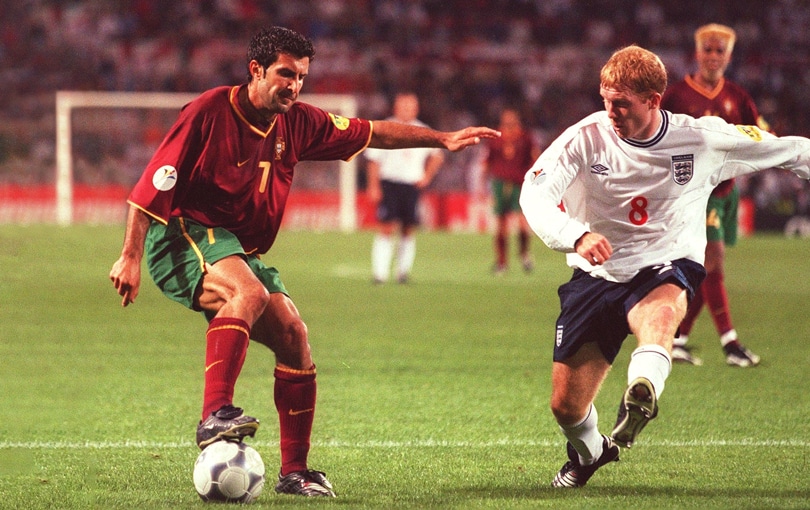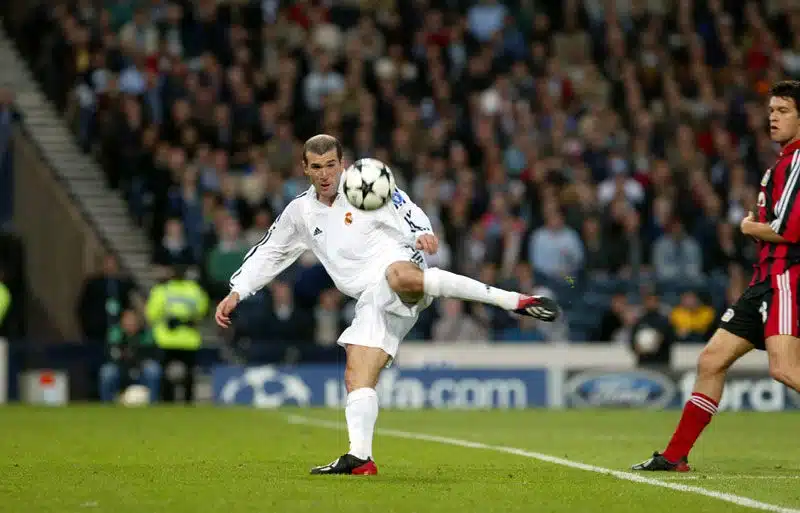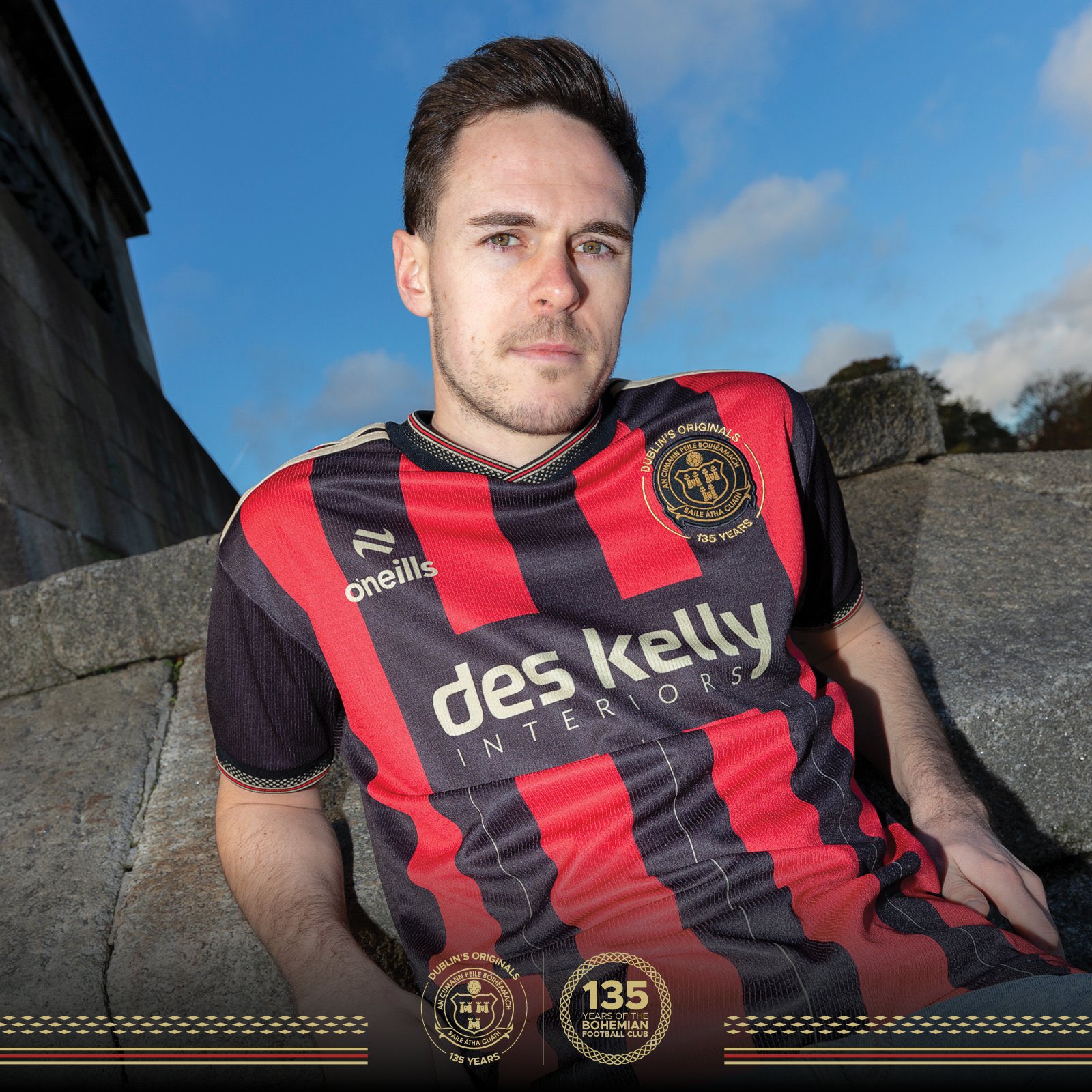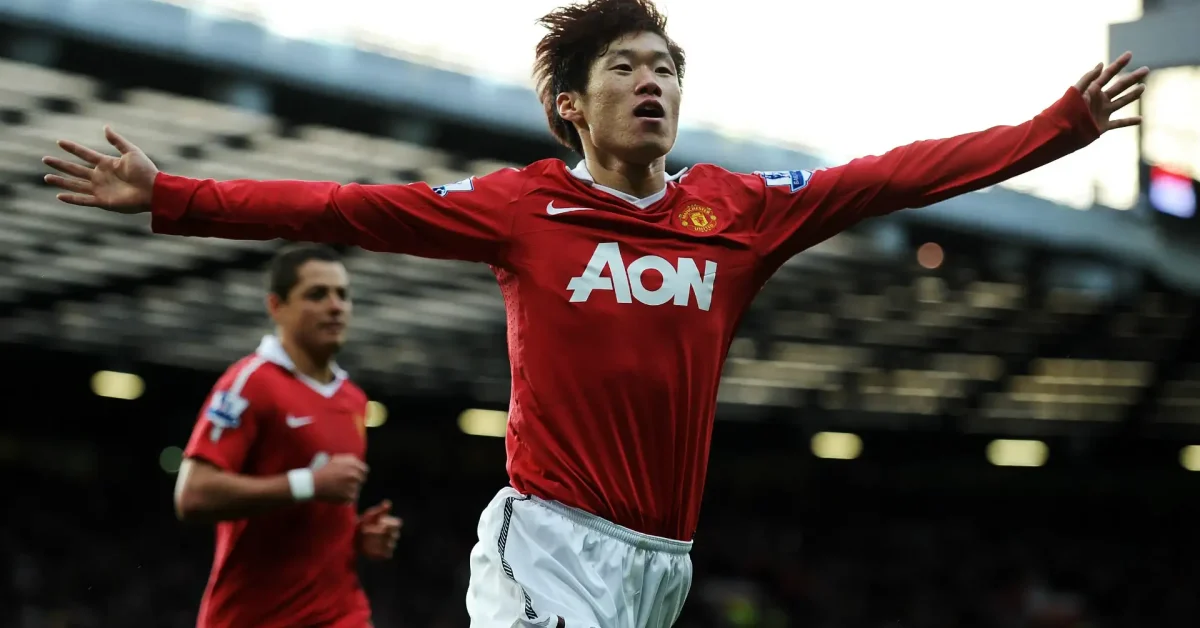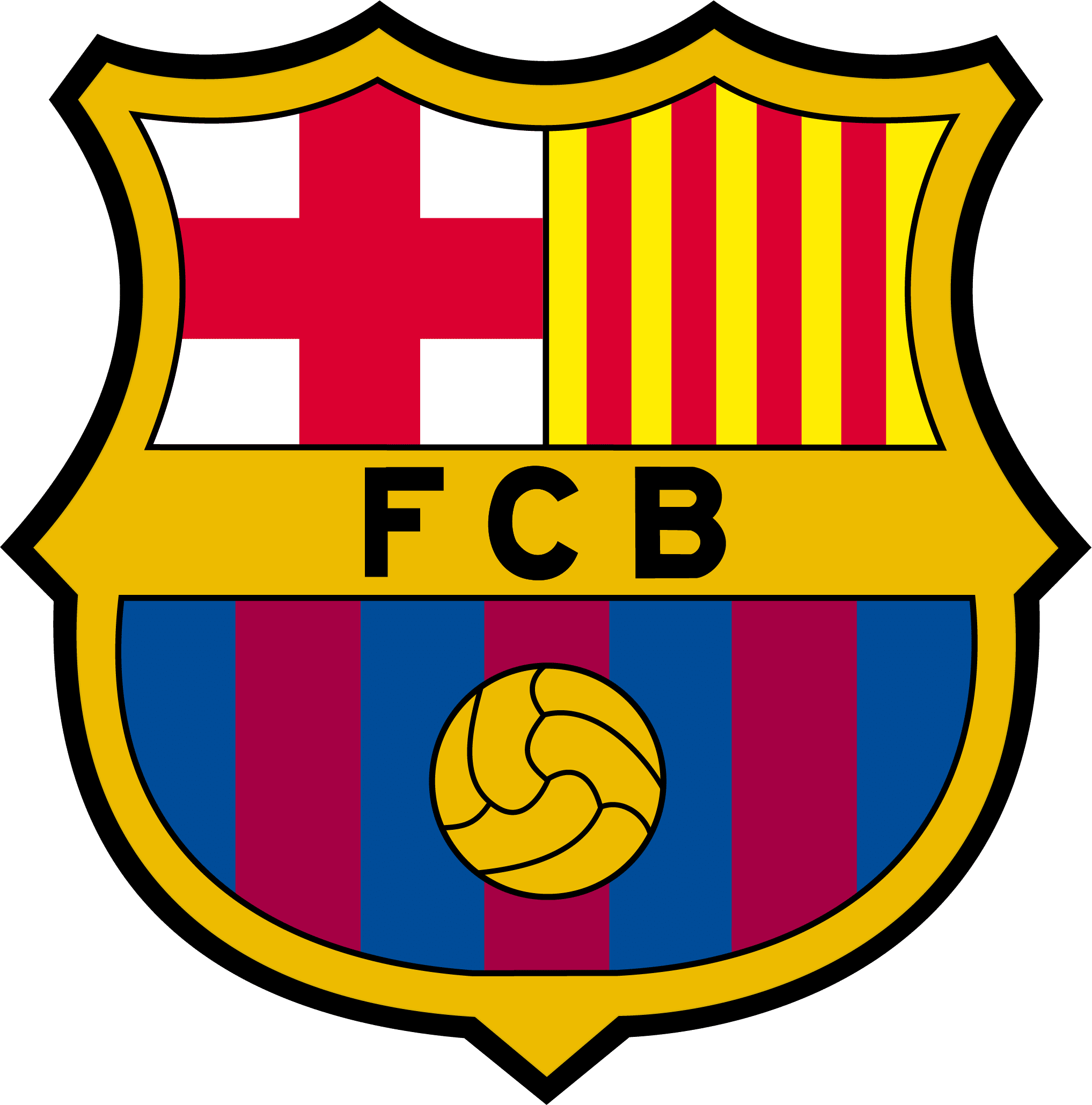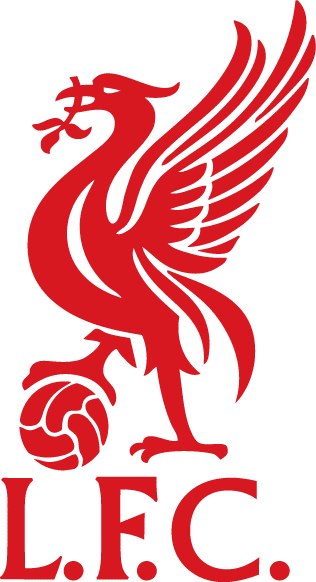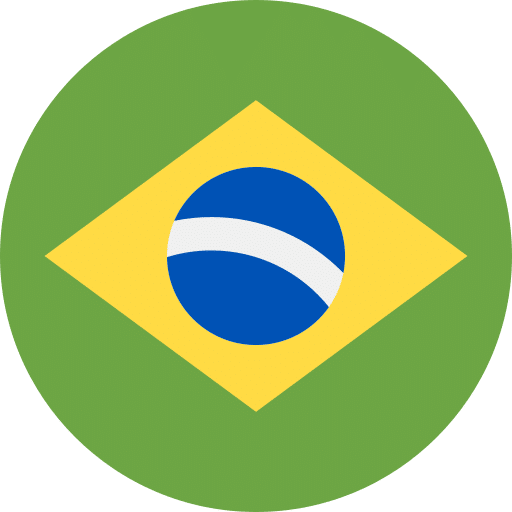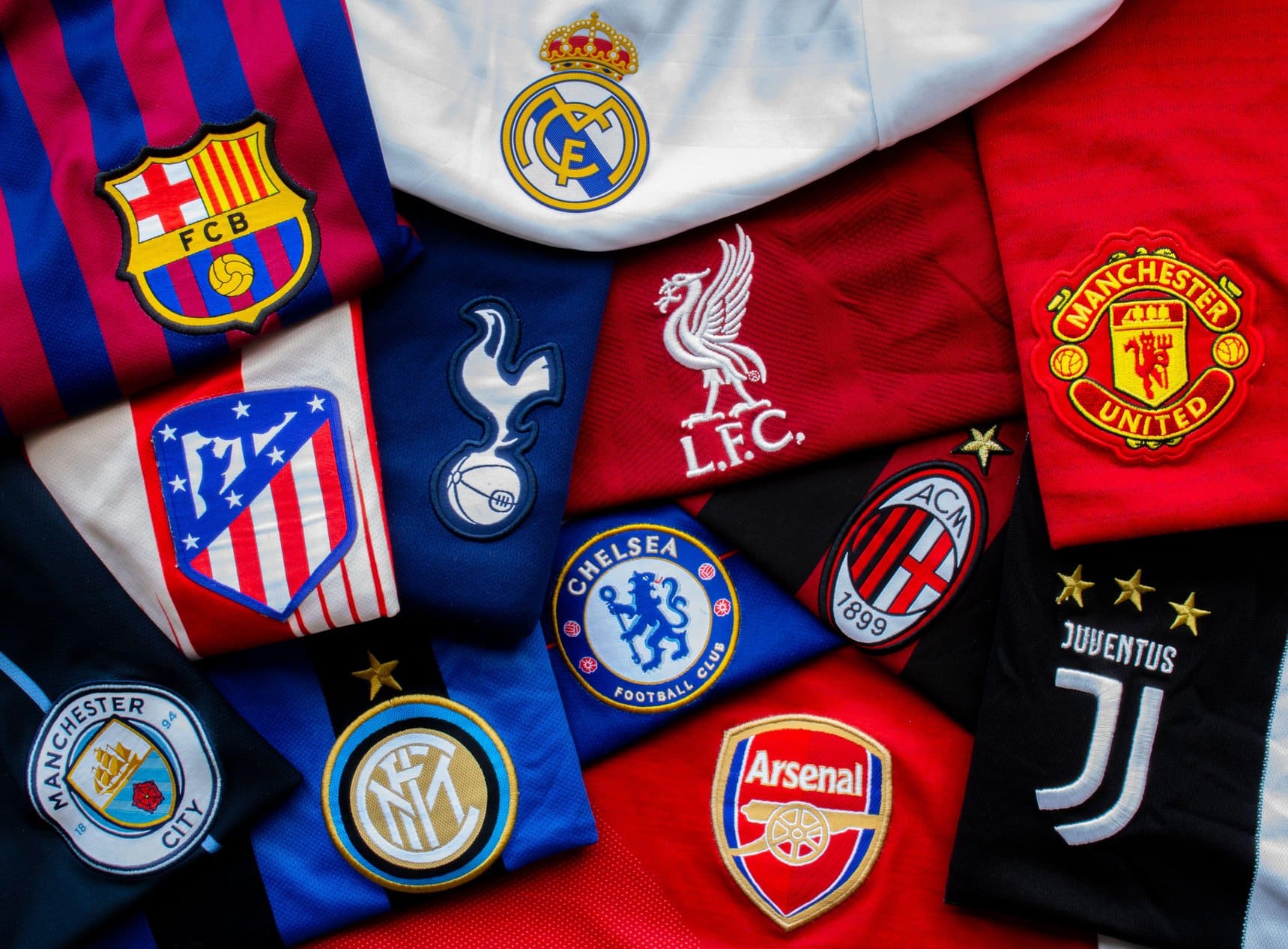Park Ji-sung, born on March 30, 1981, in Seoul, South Korea, is celebrated as one of the greatest Asian footballers in history. A versatile midfielder, Park’s career was marked by exceptional fitness, discipline, and an unparalleled work ethic, earning him the nickname “Three-Lung” Park. He made history as the first Asian player to win the UEFA Champions League and the FIFA Club World Cup, amassing a remarkable 19 trophies throughout his career. Starting at Myongji University, he moved to Kyoto Purple Sanga in Japan before joining PSV Eindhoven under manager Guus Hiddink. His talents caught the eye of Sir Alex Ferguson, leading to a successful spell at Manchester United, where he claimed four Premier League titles and the Champions League. Park also represented South Korea in three World Cups, becoming a joint all-time leading goalscorer for his nation with three goals, showcasing his impact on the international stage. In this article, we will look back at the unique career of the South Korean legend.
Kyoto Purple Sanga: 2000-2003
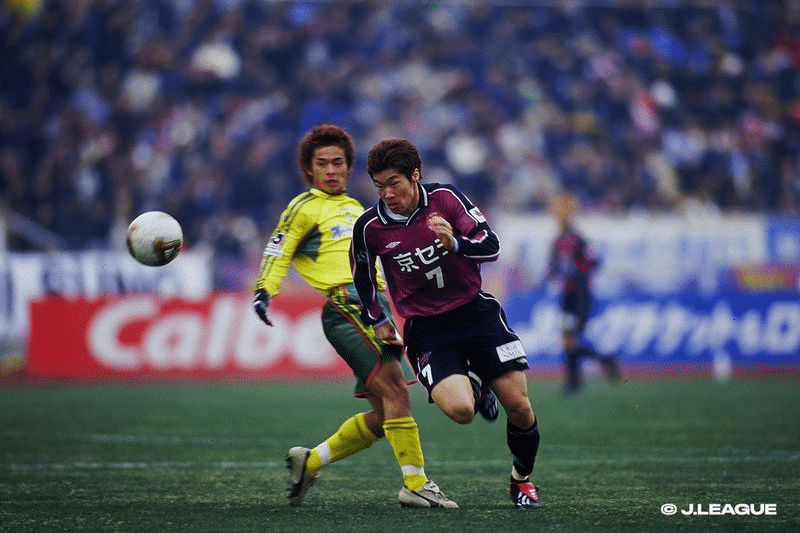
In June 2000, Park Ji-sung signed with Kyoto Purple Sanga, a then J1 League club, after catching the attention of coach Bunji Kimura during a practice match. Despite having injuries, Park’s performance showcased his potential, prompting Sanga to recruit him over a more recognized player, despite initial criticism. His impact was immediate, as he played a key role in the team’s success. In 2001, Sanga won the J2 League title, earning promotion to J1 League. Park’s standout moment came in the 2003 Emperor’s Cup final, where he scored the equalizer, helping Sanga secure their first-ever title. Shortly after, he joined PSV Eindhoven.
PSV Eindhoven: 2003-2005
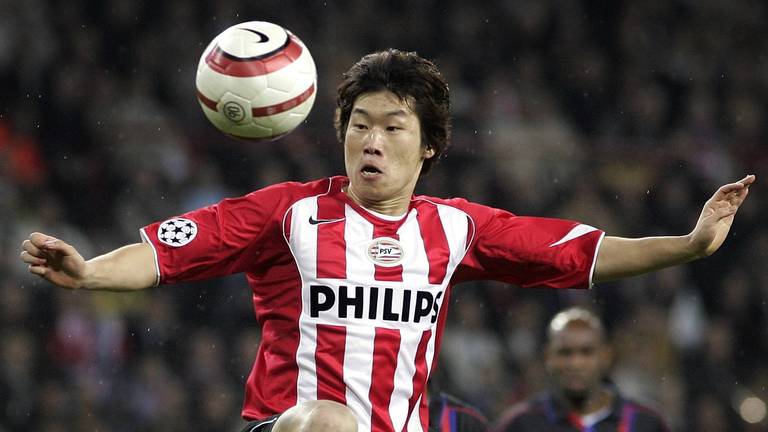
After the 2002 World Cup, Park Ji-sung joined PSV Eindhoven in 2003, reuniting with former national team coach Guus Hiddink. Teammate Lee Young-pyo quickly established himself in the starting lineup, while Park faced challenges due to injuries, including a meniscus operation that hindered his performance. Struggling with self-doubt and jeers from fans, he initially found it difficult to adapt.
However, by the end of the 2003–04 season, Park began to find his footing both on and off the pitch. The departure of Arjen Robben to Chelsea in 2004 opened up more opportunities for him. Park quickly became an integral part of PSV’s midfield, showcasing his pace and passing alongside players like Mark van Bommel and Philip Cocu. His standout moment came during the UEFA Champions League semi-finals, where he scored the opening goal against AC Milan, helping PSV secure a 3–1 victory in the first leg.
Despite their eventual exit, Park’s performances earned him recognition, including a nomination for the 2005 UEFA Best Forward award. His popularity soared among fans, who even composed a song titled “Song for Park,” celebrating his contributions to the team.
Manchester United: 2005-2012
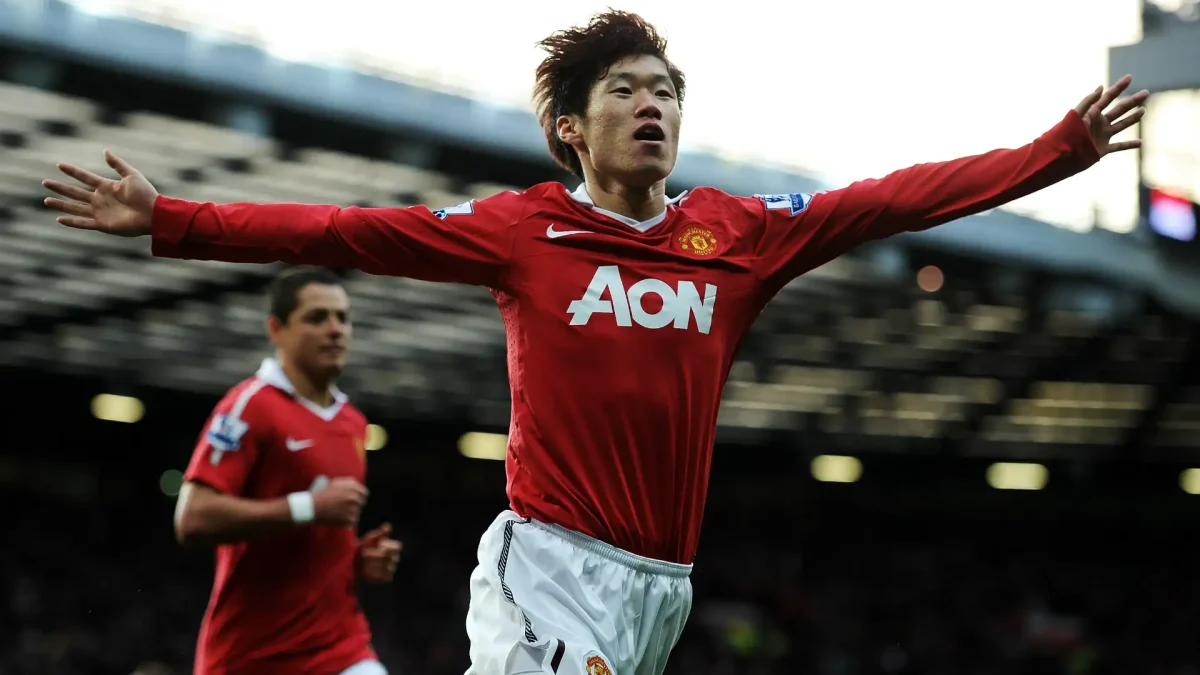
Park Ji-sung joined Manchester United in July 2005 for £4 million, becoming the second East Asian player to represent the club. His debut season saw him make an immediate impact; on October 1, 2005, he assisted two goals and won a penalty in a thrilling 3–2 victory over Fulham. Notably, on October 18, he became the first Asian captain of Manchester United, taking the armband from Ryan Giggs during a Champions League match against Lille. Park scored his first goal for the club in December 2005, contributing to a 3–1 win over Birmingham City.
In the following seasons, Park faced challenges with injuries but continued to demonstrate resilience. The 2006–07 season saw him score two goals against Bolton, marking a personal milestone. Despite recurring knee issues, he played a key role in the team’s success, contributing to five goals and two assists in just 14 appearances.
His standout moment came during the 2008–09 season when he became the first Asian player to play in a Champions League final, although United lost to Barcelona. Park’s versatility and work ethic earned him a reputation as a fan favorite.
Throughout his time at United, Park won numerous titles, including four Premier League titles and the UEFA Champions League, solidifying his legacy as a trailblazer for Asian footballers in Europe. He made over 200 appearances for the club, leaving an indelible mark on Manchester United’s history.
QPR: 2012-2014

Park Ji-sung joined Queens Park Rangers on July 9, 2012, after a season with limited first-team opportunities at Manchester United. He signed a two-year contract and was initially appointed club captain. However, his time at QPR was challenging; he made his debut in a heavy 5–0 loss to Swansea City. Injuries and poor form hindered his impact, resulting in just 20 Premier League appearances without scoring. Unfortunately, QPR struggled throughout the season and were relegated from the Premier League, marking a disappointing chapter in Park’s career.
PSV Eindhoven: 2013-2014
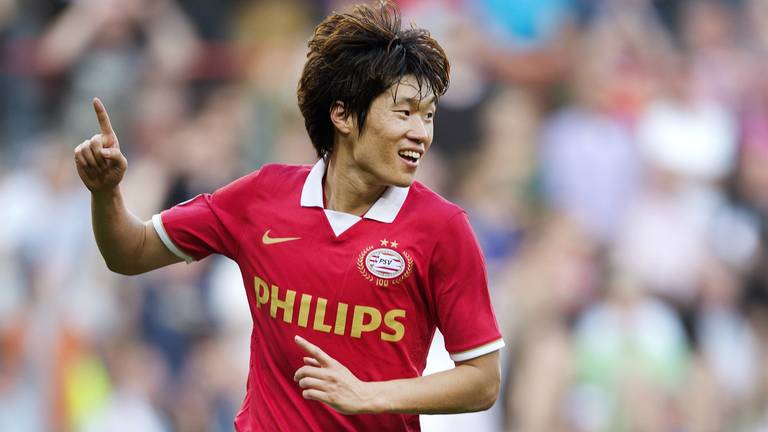
Park Ji-sung returned to PSV Eindhoven on loan for the 2013–14 season after QPR’s relegation. The move was finalized on August 8, 2013, but his debut was delayed due to work permit issues. He made an immediate impact, scoring a crucial equalizer against Heracles Almelo in his second match. On September 22, he played a pivotal role in a 4–0 victory over Ajax, contributing one goal and two assists. However, on May 14, 2014, Park announced his retirement, citing ongoing knee problems, reflecting on a fulfilling career filled with gratitude for the support he received.
South Korea: 2000-2011
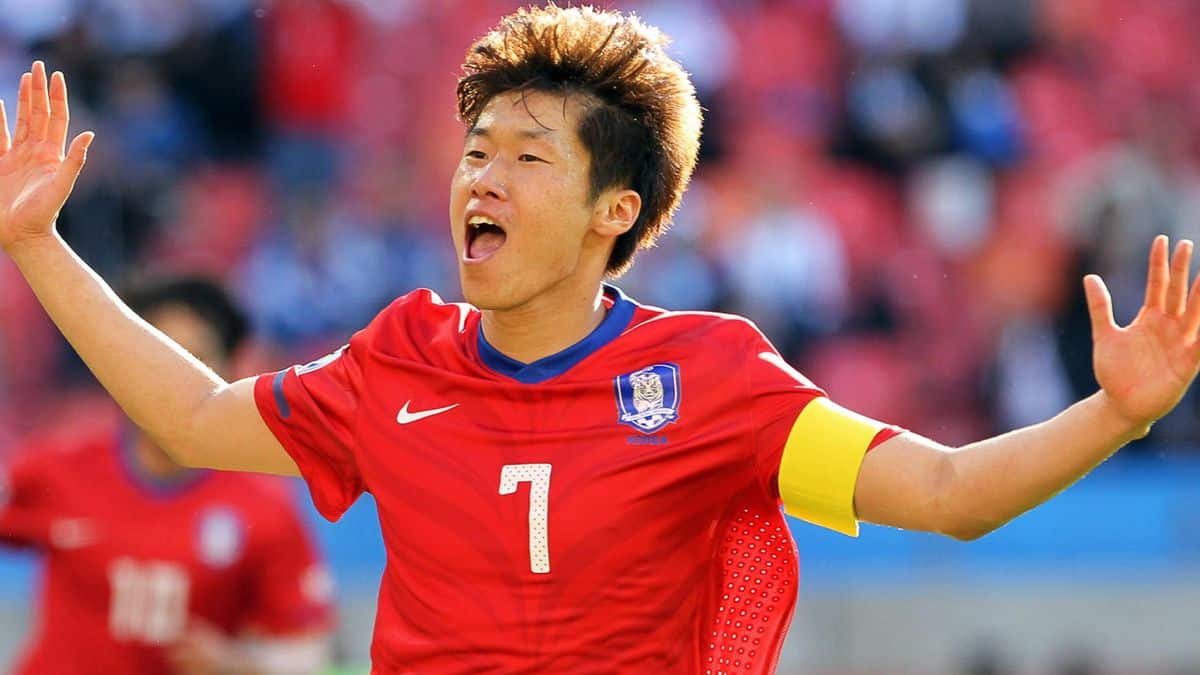
Park Ji-sung’s international career with the South Korean national team began at 18, where he initially played as a defensive midfielder for the under-23 squad. He made his senior debut in 2000 and quickly became a key player. Park’s breakout moment came during the 2002 FIFA World Cup, where he scored the decisive goal against Portugal, propelling South Korea into the knockout stages for the first time. The team made history by reaching the semi-finals, with Park also scoring in the quarter-final shootout against Spain.
He participated in the 2006 World Cup, where he scored against France, and captained the team during the 2010 World Cup, scoring in a 2–0 victory over Greece. This achievement made him the first Asian player to score in three consecutive World Cups.
Park continued to lead the national team, earning his 100th cap during the 2011 AFC Asian Cup. After a strong tournament, he announced his retirement from international football to allow younger players to step up. Despite attempts to return for the 2014 World Cup, ongoing knee issues prevented him from doing so. Park’s legacy is marked by his versatility, leadership, and significant contributions to South Korean football on the world stage.

